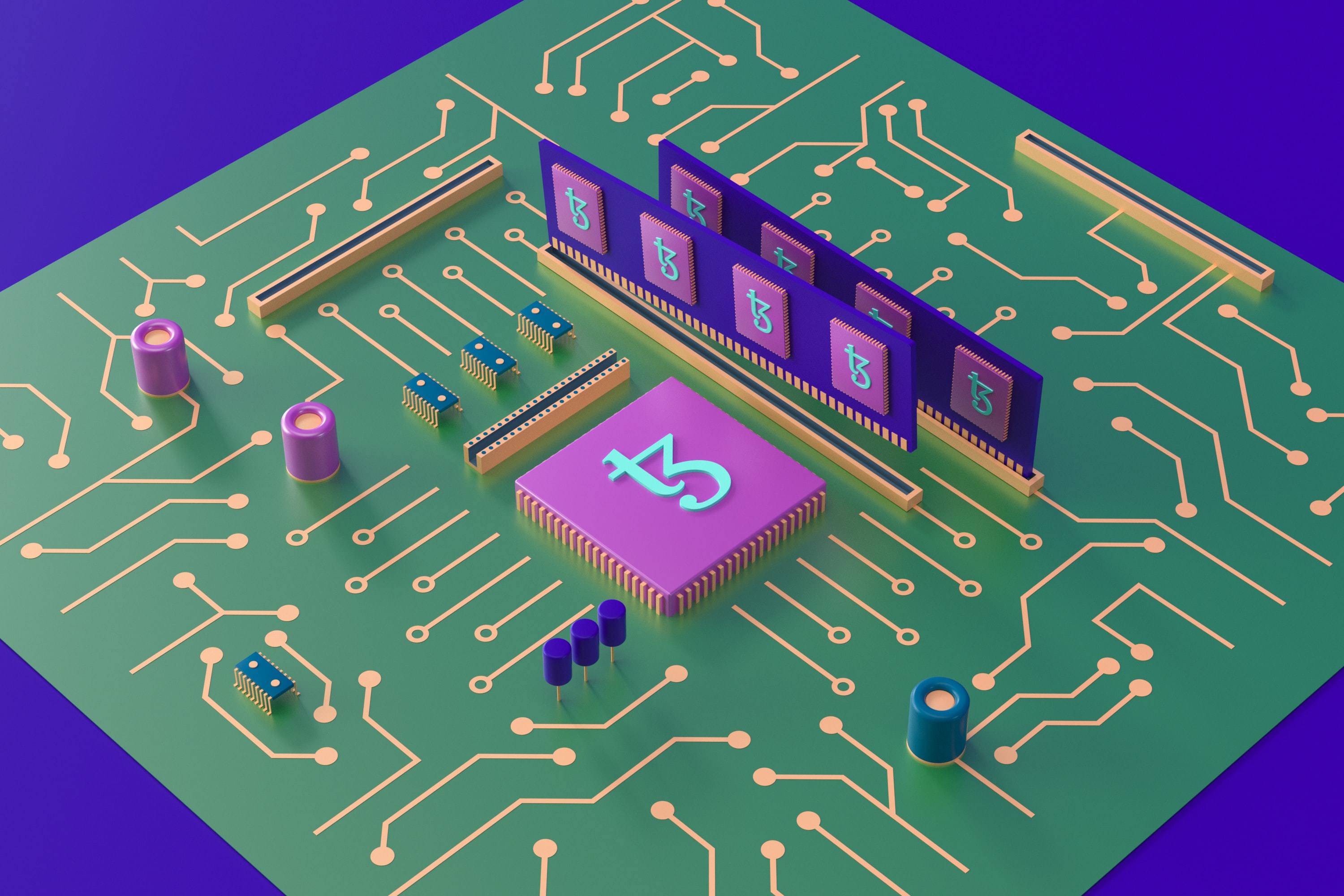IN
IN
JPN
EN
Join Our Communities

Before diving deep, let’s establish what achieving finality means for a blockchain system and how it was achieved before Tenderbake.
At the risk of sounding too trite, the best way to understand blockchain finality is through an analogy. Let’s say Tom walks into a restaurant and orders a meal which he pays for using fiat currency. He swipes his debit card, and the value of his meal is deducted from his balance. The restaurant owner trusts that the transaction will not be reversed, so Tom’s payment has attained ‘finality’.
In blockchain terms, blockchain finality is a method to affirm that all well-formed blocks (transactions that have been validated) will not be revoked or taken down after they have been appended to the blockchain.
In other words, users who intend to perform fast transactions like Tom and the restaurant owner would need to rely on a finality mechanism; one that’s fast, reliable, and suits their purpose.
The most common protocol for achieving finality is a Nakamoto consensus-based mechanism that prioritizes availability over consistency, and applies a probabilistic approach to assume finality.
For probabilistic finality, Transaction A is said to reach finality after several blocks of transactions have been validated after the Transaction A block. For example, in Bitcoin, a transaction is considered final if six confirmations or blocks have been added after the transaction, which takes about an hour to occur.
The other way of achieving finality, which Tendermint popularized, prioritizes consistency over availability and assumes finality when a transaction block is validated and added to the blockchain. This is known as a deterministic approach.
If you’ve not heard of Tendermint, it’s software for securely and consistently recording and replicating transactions and applications across many nodes in the same order. Tendermint transactions are validated when two thirds of validators agree on the block added to the network.
Now we get to the truly interesting part for Tezos blockchain boffins. TENDERBAKE is a version of Tendermint adapted for the Tezos blockchain. Tenderbake can confirm finality after two blocks have been added to the blockchain. The August 2021 Granada upgrade across the Tezos network implemented EMMY*, a probabilistic finality mechanism. The proposed Ithaca update - Tezos’ ninth proposal – would implement a deterministic approach to achieve finality.
Tenderbake is one of the major updates of the Tezos’ Ithaca proposal. It’s tailored to match the Tezos architecture by only using communication primitives and network assumptions that are supported by the Tezos network. That means that Tenderbake is designed to support Tezos network architecture and thus allow the calling of functions within the network.
It adopts the Tendermint consensus model, however not carte blanche; Tenderbake assumes that participants have loosely synchronized clocks, a WEAKER BUT REASONABLE NETWORK ASSUMPTION.
Through the Tenderbake’s new deposits scheme, deposits are based on a stake instead of individual baking/endorsement actions, found on Emmy*, which requires a security deposit each time a delegate wants to bake or endorse, to guarantee honest behavior.
It also offers the possibility to easily reduce the minimal time between blocks, which may be proposed in future Tezos protocol amendments.
Tenderbake comes with other significant changes:
Liquidity baking was a novel concept from the Granada proposal that added a new Decentralized Exchange contract to the Tezos protocol between tez and tzBTC. Liquidity baking incentivizes users through a subsidy to provide liquidity to the contract. Originally proposed as one of the key features of the Granada proposal, it incorporates a safety precaution called a ‘liquidity baking sunset level’, where the subsidy expires automatically. However, the Ithaca proposal can renew the sunset level, as seen by the protocol amendment.
The proposal’s major update is the Tenderbake finality mechanism and the extension of the liquidity baking sunset to 819,200 blocks, or twenty voting periods(approximately ten months).
To make up for the liquidity baking extension, Ithaca lowered the threshold for activating the escape hatch from 50% to 33%.
Also, the proposal introduces several minor improvements, such as enabling the pre-checking of operations by increasing the number of gossiped operations on the network, aimed at improving the Tezos network’s transaction throughput.
Faster transactions: Tenderbake takes only a minute to attain finality, meaning faster transactions for users of the Tezos network.
Safer during asynchronous periods: With this feature, Tezos users enjoy safer transactions with Tenderbake. Although users might have a few downtimes, transactions are secure and would pick up from where they left off once synchrony is restored.
Reduced entry rate for validators: It lowers the barrier to Tezos users who intend to become validators from 8000 to 6000 tez. In turn, it reduces time to bake blocks, and overall, greenhouse gas effects forecast a win-win for everyone. Reducing the entry rate for validators encourages more users to consider becoming bakers, which will help increase network security.
Ithaca introduces a deterministic consensus model, Tenderbake, and the liquidity baking level extension. Although it did not pass the Exploration period, the core developers plan to present a revised version of Ithaca that addresses technical matters.
It promises to make the Tezos network super fast (instantaneous withdrawal) with a better user experience, reduced baking barriers, and improves the overall greenhouse gas effects forecast.
Through the Ithaca proposal, an average Tezos user would enjoy a safe one-minute finalization time better than Emmy*, which has a six minute finality time.
Image by Tezos via Unsplash